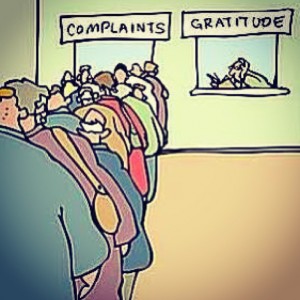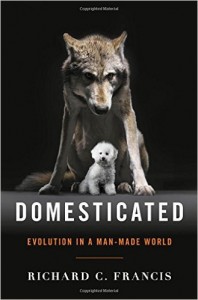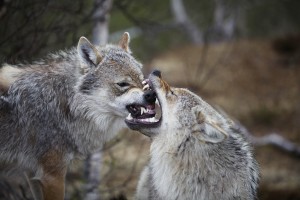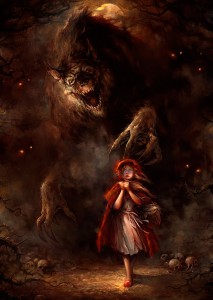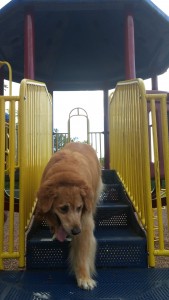In which payment is due, because all things have a cost.
To my dear reader,
I will be the first to admit that, across the past seven eight months, most of my blog posts have been either explicitly or implicitly negative. I am not apologizing for this. Time is so short; we must say the things that matter. But I will also be the first to admit that I want to be a greater source of positive energy in the world, and that if gratitude is (as I’ve been told so often) pivotal to happiness, I am not doing all I can to ensure my own happiness. It is for these reasons that I will take a moment to list a few things for which, across my four years at Puget Sound, I have been thankful.
- My Freshman Year Roommate – During the fall, he went home every weekend to see his family. During the spring, he dropped out of school, allowing me to have the room to myself entirely. I’m not glad he had to drop out of school, but I am glad that I’ve only ever had a roommate for one semester of college. He also was nice.
- The Green Tea Fraps at Diversions Café – Amid a freshman year spring semester filled with boredom and disappointment, these drinks were a glorious Friday afternoon treat, and the Diversions baristas that complained about making them can literally shove those fraps up their butt holes.
- My Dog – I have a tradition of taking a picture of my dog during the break between each semester and making it the background photo of my phone for the subsequent semester. When I’m falling asleep, I like to pretend my pillow is her tummy. I use her as a pillow at home all the time.
- Other People’s Dogs – There are so many people that have dogs in Tacoma that let students pet them, and the dogs are so cute amid a college experience that can be distinctively not cute.
- The Spring 2015 Science Fiction and Classics Convention – It was at this convention that I met fiction author/classics whiz/literary genius/all around nice person Cathrynne Valenete, which was undoubtedly the greatest moment of my life thus far. No joke.
- Christopher Krull – He’s the guy that runs this blog and hires the student bloggers, and for Lord-knows-what-reason, he decided to rehire me every semester since the beginning of my sophomore year. Thanks for this incredible opportunity, Chris. I bet you regret that now, don’t you?
With all due respect,
Daniel Wolfert

